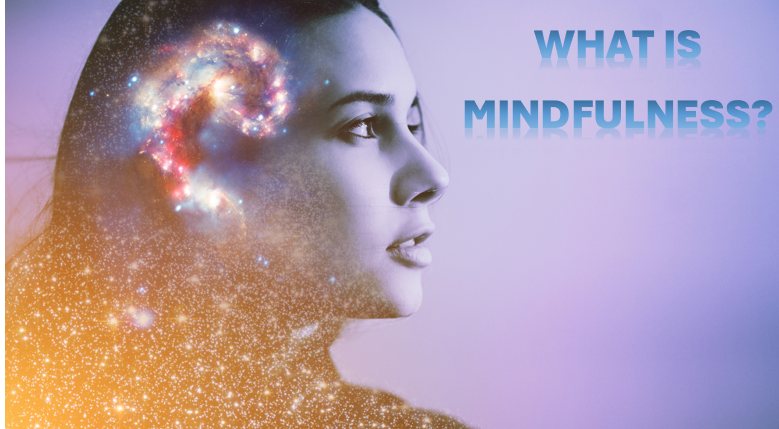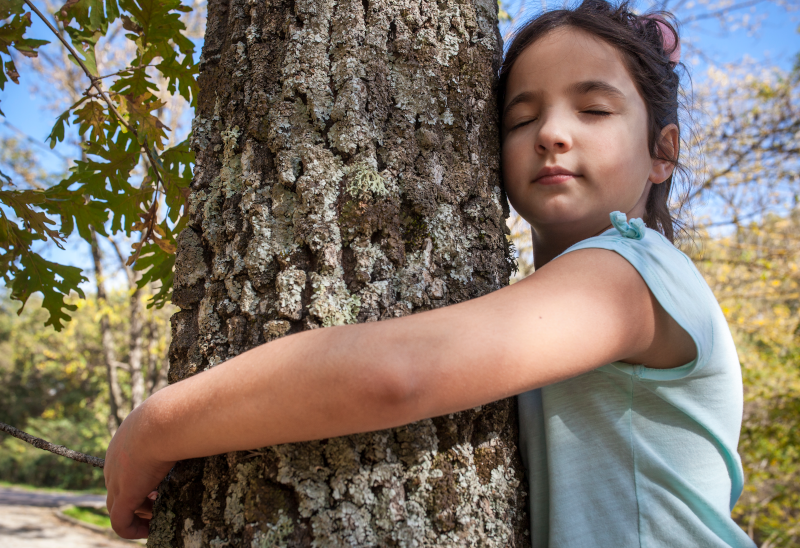
What is Mindfulness?
Mindfulness has been debated amongst scholars, practitioners, and teachers. There are various definitions and practices built around this concept, used for emotional regulation, stress reduction, and living ethically.
Thanissaro Bhikkhu, a prominent Theravada Buddhist monk, who is known for his impeccable insight and dedication to setting the records straight about the Buddha’s teachings, explains that Mindfulness is not a passive state of mind. The person is very much engaged both mentally and emotionally. In his book, Right Mindfulness, he presents Mindfulness with three core components.
- Alertness – Attentiveness, present, awake, sharp, clear not foggy or influenced by the five obstacles of doubt, restlessness, drowsiness, aversion, and clinging.
- Ardency – passionate, determined, curious, and motivated, like in Wise Effort, a gatekeeper is determined
- To keep the mind from becoming deluded, clinging, and aversive.
- To let go of mental qualities that create unhappiness
- To instill greater quality, more wholesome, cleaner qualities in the mind
- And to nourish those great qualities – hence the practices of loving-kindness, etc.
- Remembering – This is a function of memory, not necessarily a specific past memory. It’s remembering a thread from the past to the present and into the future
- So that our choices and actions are appropriate and produce harmonious results. It’s about purposeful mental activity in the moment, wellness, and protecting the future meaningful life.
- While engaging in the task at hand, doing it harmoniously- letting go of craving, aversion, and delusion
Summation of What Mindfulness Is
Putting these teachings to the test, applying them to my life, and reaping the benefits, I describe Mindfulness:
Mindfulness is both a quality of mind and a practice to develop this quality. It’s being calm, alert, present, and kind. It’s being in touch with and aware of what goes on in your mind, how your body feels, and emotional changes. It’s also having an interest and will to consistently create harmony within myself and for the world. For this to happen, one must actively cleanse wrong notions that arise in the mind and nourish goodwill, compassion, and generosity. In this way one can be calm, alert, present, and kind. It’s repeated cycles of protecting one’s mind from that which could contaminate it and acting in ways that would strengthen one’s heart. This is Mindfulness.

Studies show that 32% of those who are Mindful have this quality and skill naturally. The greater news is the other 68% have developed it, which means anyone can as well.
Mindfulness is one of the most vital qualities and skills humans could and should acquire to live harmoniously, with ease, joy, and successfully.
Develop Mindfulness skills and Life Intelligence
Check out MLO courses and retreats. Learn how to gain inner-integrated to live with ease, confidence, and stability in your life and within the world.
Many Blessings to you.
Dr. Manijeh Motaghy
Founder & Guiding Teacher
